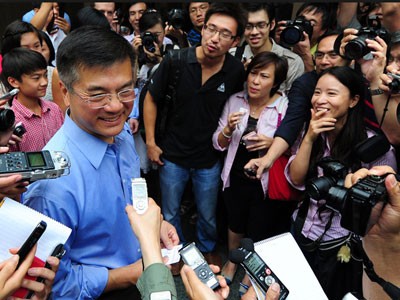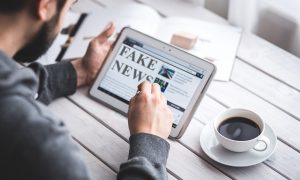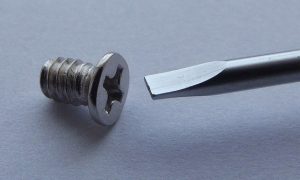As I write this, I have been preparing for an interview with Gary Locke, the U.S. ambassador to China. You’ll run into these kind of assignments in your career, and they bring distinct challenges and opportunities.
On the downside, this is an interview I had to push to get as a one-on-one affair. Locke will be addressing an event this evening in Seattle. He’s on a schedule and I’ve been warned that I will get no more than 15 minutes of his time. Between the federal shutdown and the complex relationship between China and America, there’s every reason to believe he’ll stick to highly disciplined talking points and the interview risks being a waste of time. He may have handlers sitting in who keep giving me the stink eye to move things along, wrap it up.\
One of my jobs is to make sure that doesn’t happen. One thing going in my favor is that he is a former governor of Washington and might be inclined to speak to his former constituents. Another is that I have interviewed him before, when he was President Obama’s Commerce Secretary.
There won’t be much time for softballs. I hate that because I like to relax the subject with a little conversation, a few unthreatening questions tossed in between the hardballs. And the subject is huge: Is China really trying to reposition its economy to more domestic consumer spending and less dependency on manufacturing for export? What about the continuing imbalance between the world’s first- and second-largest economies? China’s currency manipulation and stealth protectionism? The rise of China’s domestic airplane industry and the implications for Boeing? The purchase of Smithfield Foods, coal exports, pollution? The U.S. “pivot to Asia” and tensions between Washington and Beijing? Is the slowdown in China that we keep reading about here real? Ultimately, my goal is the same as in a phoner with a local source: Tell me something I can put in the paper.
VIP interviews come in all forms. When I worked at the Rocky Mountain News, officials of the George H.W. Bush and Clinton administration regularly stopped by for extended sessions in the conference room. Then, it was important to agree to the ground rules. Was this all on the record? Were there pieces to be on background, and if so, how would they be attributed (“a senior administration official). Those were back in the day when newspapers were critically important.
VIPs are usually masters at handling the press. Many are charismatic and can use the empty blather of football coaches (“We’re just playing one game at a time…”) while making a gullible journalist think he or she is getting something of substance. You want to gain control of the interview without them ever knowing it. Know the most important questions and push for a follow-up if they give a calorie-free, or disingenuous, answer.
There are happenstance one-on-ones, where you talk to the official before or after an event (that’s where I first met Locke). I’m pretty good at the gentle ambush. When JPMorgan Chase CEO Jamie Dimon came to Seattle to give a speech soon after the fraught acquisition of Washington Mutual, I listened to his talk but then left early and followed Dimon and his aides out to the waiting limo. I had interviewed Dimon multiple times (he’s a great subject, voluble and full of profanity), but he didn’t notice me. Until I caught him beside the car, stuck out my hand and said, “Hi, Jamie. Jon Talton of the Seattle Times. We used to talk when I was at the Arizona Republic.” He was irritated but didn’t take the easy route and get in the car. Instead, we stood and talked, and I got a few things that weren’t said in the speech. The best are interviews with that allow for time and deep preparation. Some journalists are gifted with a je ne sais quoi where people, including important ones, just want to talk to them at length. I was never one of them.
What I am pretty good at is asking intelligent questions. So my goal with Locke is two-fold: Talk as if I know the subject matter and sprinkle enough bread crumbs in the form of smart questions to get him talking and keep the interview going — I hope, beyond the time the handlers have allowed. I’ve done it before. Wish me luck.
[UPDATE: Here is the column that resulted from the interview.]











